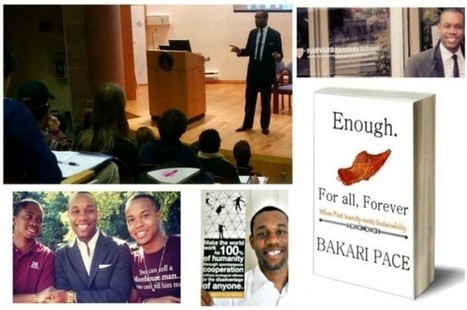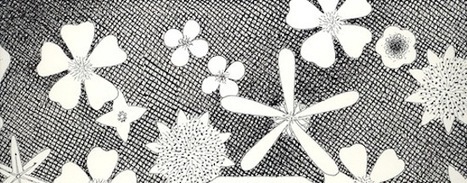Dorothy Hustead was a Nebraska native with a novel idea. In 1931, Dorothy and her husband Ted moved to Wall, South Dakota, and bought the only drugstore in town with $3,000 Ted inherited from his father. 326 people lived in Wall. According to Ted, it was in “the middle of nowhere.”
Research and publish the best content.
Get Started for FREE
Sign up with Facebook Sign up with X
I don't have a Facebook or a X account
Already have an account: Login
on peer-to-peer dynamics in politics, the economy and organizations
Curated by
jean lievens
 Your new post is loading... Your new post is loading...
|
|















